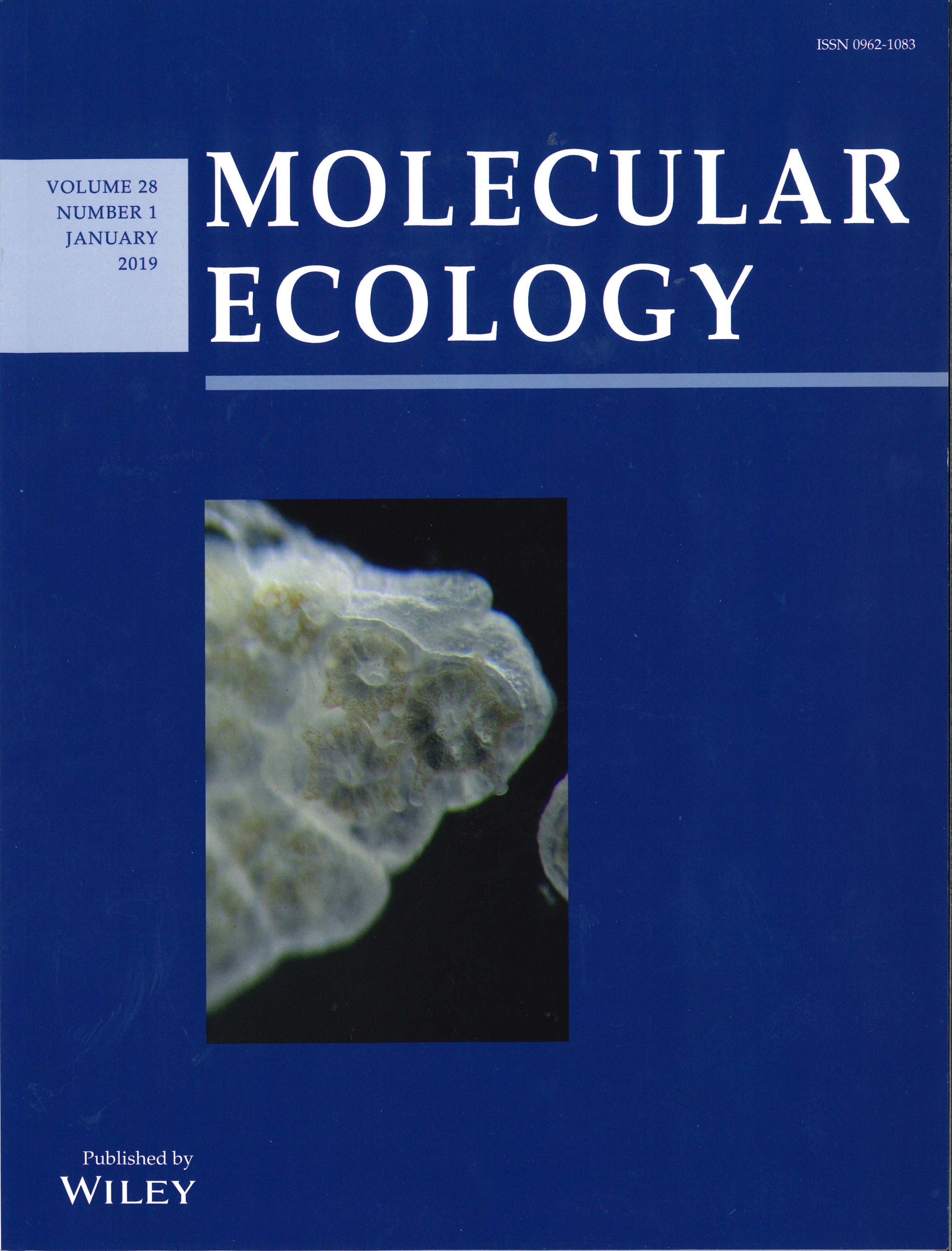New publication on larval corals and their algal symbionts
An exciting collaboration ended with coral babies making a journal cover (we’re honored)! This amazing photo, taken by Marhaver lab members at CARMABI Curaçao, shows baby star corals just after they have gone through metamorphosis. In this species, parents do not provide offspring with the algal symbionts they need to survive as adults. Instead, these baby corals must find them in their environment—or in the lab, as it may be. You can see the algal symbionts in the photo below as the tiny brown dots within the newly settled corals.
Paper summary: Even though it may seem like the sooner larvae can take up symbionts the better, we found that when swimming larvae take up symbionts it can actually throw off some of their behaviors and alter the ways they express genes and use energy (akin to the yolk). We concluded that these responses to taking up symbionts “early” is not beneficial to the larvae despite the fact that they benefit a great deal from these very same symbionts later in life. This means that while larvae can and will take up symbionts if they’re readily available, those that wait until later in life may survive better in the long run.
The citation is below and a pdf can be downloaded here.
A.C. Hartmann, K. L. Marhaver, A. Klueter, M. Lovci, C. J. Closek, E. Diaz, V. F. Chamberland, F. I. Archer, D. D. Deheyn, M. J. A. Vermeij, M. Medina (2019). Acquisition of obligate mutualist symbionts during the larval stage is not beneficial for a coral host. Molecular Ecology, 28, 141-155.
